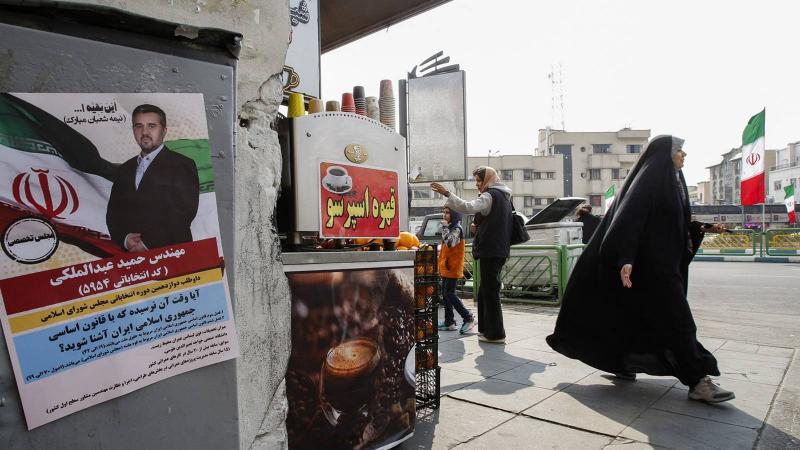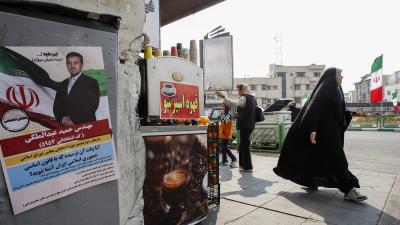The Middle East remains intertwined with heritage, predominantly negative, burdened by historical conflicts and anxieties, as well as past religious, sectarian, and ethnic disputes. The "killer identities," as Amin Maalouf calls them, continue to operate at full capacity and impact. Understanding this dimension and being aware of it is the path to liberation towards the future. The region is still far from overcoming its past, let alone severing ties with it as has happened in the West. The conflation of civilizational contexts of nations and peoples hinders any cultural advancement or achievement of civilizational progress; we are not like the Western context, and its current state is merely a result of three centuries of "revival," "enlightenment," and the contemporary situation.
In our civilizational context, we use terms similar to those in the West, such as "revival" and "enlightenment," but they do not carry the same connotations. This is philosophically and intellectually understandable, yet this usage becomes harmful when it reaches political, cultural, and media spheres. Everyone has seen how terms like "democracy," "human rights," and "freedom of expression" were exploited to oppress peoples and enforce "stability of chaos" through extremist fundamentalist groups during what was known as the "Arab Spring" nearly a decade and a half ago.
The "Iranian elections" have garnered worthy media attention due to Iran's extensive influences in the region, specifically in several Arab countries where Iran has gained control over politicians and decision-makers. However, these are more ceremonial than genuinely impactful elections. Comparisons facilitate understanding, and the results of Iranian elections that change nothing can be compared with the current results of American or British elections, which significantly alter government policies and directions.
In this context, there are misleading sayings that distort meanings, scatter views, and misinterpret understanding, crafted carefully for such purposes; some of these sayings are drawn from traditions, while others are from the West and modern culture, or are deliberate translations of political conditions in the West to create an illusion of similarity. "Iranian reformists" is one such term that leads to a misunderstanding of the political situation there; everyone there is a "conservative," with differences only in degree, not in kind. This distinction mirrors that of the Muslim Brotherhood and political Islam groups between hawks and doves, and the proliferation of this categorization has caused chronic confusion in dealing with them. The malice of these groups has weakened only after significant Arab countries like Saudi Arabia, Egypt, and the UAE classified them as terrorist organizations. They are all hawks for two unchangeable reasons: first, the ideology and its rigidity that does not allow for real revisions, and second, the tightly organized structure that does not permit splits.
A clear example in this context is the imported differentiation between the political wing and the military wing of certain opposition parties, as seen in Ireland with "Sinn Féin," the political wing of the "Irish Republican Army," and similar models in the West. This differentiation has reached our political Islam groups. The intertwining of politics and violence has existed since the time of the Muslim Brotherhood and its violent secret organization, but justifying it as a political wing and a military wing is relatively new and has become frequently used for its efficacy in scattering political and legal stances towards these groups and organizations. The Lebanese "Hezbollah," classified as a terrorist organization, employs this borrowed distinction between a political wing and a military wing, similar to the "Hamas" group and some Palestinian factions, and even among "Islamic Awakening" groups in Saudi Arabia and elsewhere as a political wing, with "Al-Qaeda" as a military wing. The incident involving the Awakening leader Safar al-Hawali with a satellite channel expressing demands from the political wing regarding crimes by the military wing in 2003 is unforgettable.
The ongoing conflict in Iran is between hardliners and even more hardline factions, all operating within one system, with a single leader who permits one side to advance over the other based on international and regional political conditions. The true "Iranian reformists" live in exile, suffering from fragmentation, infiltration, and systematic targeting. Figures like Rafsanjani, Khatami, Mousavi, and Karroubi represented what "Iranian reformists" were about, and even though they do not express genuine differences with the regime, they have been repressed significantly after their temporary utility ended. Their writings and propositions often criticize Arab countries and Gulf states, as evident in what former Foreign Minister Javad Zarif wrote in the "New York Times" in 2016, defending the infamous "nuclear agreement" while systematically attacking Gulf and Arab states, clarifying the situation and negating any illusions of different stances or policies, let alone any significant shift in the established strategy there.
In conclusion, accurate comprehension facilitates optimal interaction, and politics can engage with both adversaries and allies, each of whom has different tools and mechanisms.




